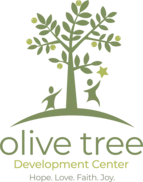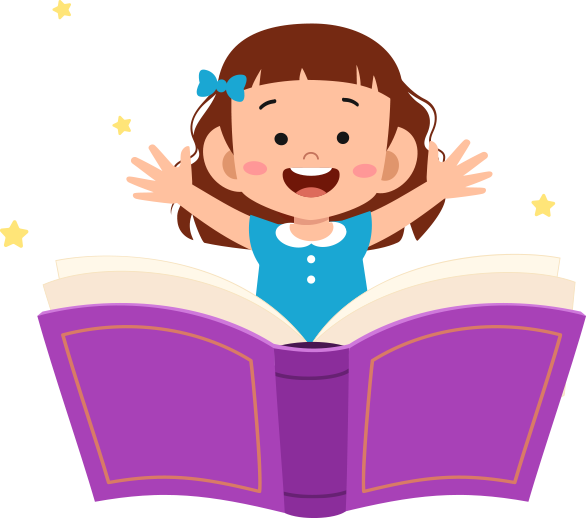Educational Therapy (ET)
What is Educational Therapy?
Educational Therapy focuses on supporting children with learning difficulties, like dyslexia, and/or getting them ready to learn in a school-based setting. Does My Child Need Educational Therapy? has difficulties in:
- Reading & literacy
- Spelling
- Numeracy
- Executive function
- Working memory
- Language comprehension
- Creative Writing
How Does Educational Therapy Work?
Does My Child Need Educational Therapy?
What is Dyslexia?
Signs and Symptoms of Dyslexia
Early Diagnosis and Intervention of Dyslexia
Educational Therapy is the standard treatment for children and adolescents diagnosed with:
Finding the Right Centre for Educational Therapy
Our Educational Therapists adopt an eclectic approach to ensure that treatment is catered to each child’s individual learning strengths and styles.
Olive Tree Achievers Programme (OTAP)
English (Literacy)
Literacy Programme is designed to guide children to gain competence in reading, comprehension, vocabulary building, and spelling. Children will be assessed from time to time via formative assessment and portfolio. We adopt the University of Utah Reading Clinic, Lindamood-Bell Learning Processes, Montessori, and Orton-Gillingham strategies to stir the interest for literacy and functional literacy.
Concepts include Vocabulary and Grammar, such as:
- Nouns
- Pronouns
- Verbs
- Prepositions
- Adjectives
- Conjunctions
- Adverbs
- Interjections
- Tenses (past, tense, future)
- Parts of speech
We address important gaps by "not just reading" but by reading beyond words and understanding what they mean; understanding how a word meaning changes when additional letters are added (e.g. move, remove, moveable); and constructing a sentence with proper word order, grammar, and vocabulary - not limited to the identification of objects, but expanding vocabulary with action and descriptive words.
Level 1
- Alphabet identification
- Beginning / Medial / Ending sound
- Blending (up to CVC words)
Level 2
- Silent 'e' words, r-controlled words
- Reading Fluency
- Sentence building
- Basic comprehension skills
Level 3
- Alternate vowel spelling
- Morphology (prefix/suffix)
- Creative writing
- Intermediate comprehension skills (main idea, sequencing, details, cause and effect)
Level 4
- Word study
- Spelling rules
- Composition writing
- Inclusion concepts (either/neither)
- Conditional concepts (if/when)
- Advanced comprehension skills (facts & opinions, inference, judgement & predictions)
Mathematics (Numeracy)
Maths Programme is an instructional program designed for students who have identified deficiencies in Maths. Some topics that can be discussed are solving word problems/story sums, different methods of solving Heuristics questions, and different topics for PSLE Maths. Our teaching approaches include Montessori, Orton-Gillingham, and On Cloud Nine® (Visualizing and Verbalizing for Math).
We address important gaps by developing the ability to compare both numerical and non-numerical concepts using words (e.g., more/less than, equal to, bigger/heavier/narrower than); understanding math vocabulary and terminology (e.g., sum, difference, greater/fewer than, groups of 3 vs 3 groups) to aid translation of word problems into math equations; strengthening number sense (24 tens vs 24 hundreds) and concepts of time (e.g., before/after); and conceptualising the conversion of time and money.
Level 1
- Number identification: 1-10
- Counting (one-to-one correspondence)
- Sequencing (numbers, day-to-day experiences, temporal concepts)
- Shapes
- Colours
- Comparisons (size, length, weight, etc.)
Level 2
- Place values (ones, tens, hundreds, thousands)
- Identifying, counting, and sequencing: 1-100
- More than / Less than
- Addition
- Time: o'clock
- Money: cents
Level 3
- Word problems: 1-step
- Addition / Multiplication / Subtraction / Division (with regrouping)
- Time: half past, quarter past, quarter to
- Money: dollars and cents
Level 4
- Word problems: 2-step (identifying the operation, mixed operations)
- Conversion: time and money
- Fractions



